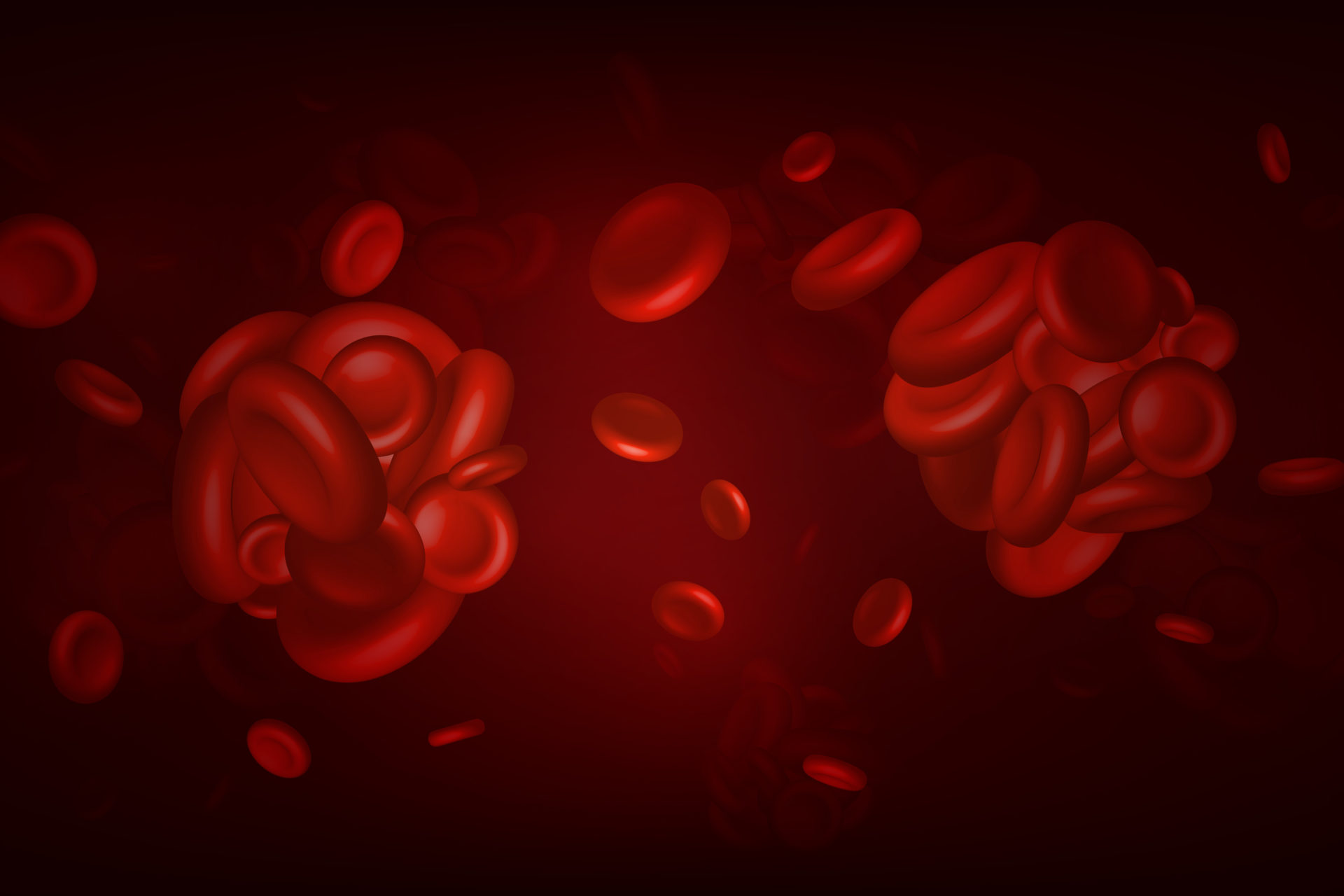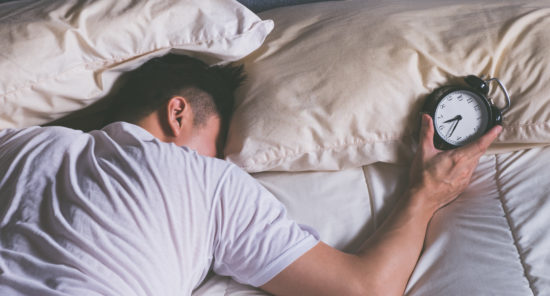Clinical depression can occur in the presence of pseudobulbar affect (PBA), often following a major stroke, according to a case report published in Cureus.
A 54-year-old white man with a history a cocaine abuse who suffered a stroke presented to his physician with a chief complaint of crying spells. Both his family and his physician believed he was suffering from depression due to his clinical manifestations, despite the fact that he initially denied having bouts of depression. The patient was treated with psychotherapy and the antidepressant mirtazapine. This regimen did not improve his symptoms. Subsequently, he was administered dextromethorphan/quinidine (DM/Q), 20 mg/10 mg, with a dramatic reduction in crying spells.
However, the researchers noted, psychosocial stressors, including the death of his father, job loss, and financial problems, made him depressed with vegetative symptoms. His depression returned with greater frequency and intensity, and he was diagnosed with a major depressive disorder and was treated with antidepressants and psychotherapy. He experienced the depression several months after his crying spells resolved with the DM/Q. His recent episode of depression was treated with the antidepressant vilazodone, and he was treated with intensive outpatient psychotherapy treatment. All the psychiatric symptoms, including the crying spells, have since improved.
The researchers wrote, “Clinical depression can happen in the presence of PBA, such as during the patient’s reaction to the catastrophe of a stroke event, as well as significant changes in their everyday life. Major depression may occur as a result of these catastrophic events. Clinicians should have a presence of mind to assess for a mood disorder in strokes and treat them promptly as they affect that patient’s quality of life. DM/Q is effective in controlling the symptoms of PBA, but antidepressant treatment and psychotherapy helped address the subsequent major depression episode.”
Link: https://www.ncbi.nlm.nih.gov/pmc/articles/PMC6388818/
Keywords: pseudobulbar affect, major depression, suicide








